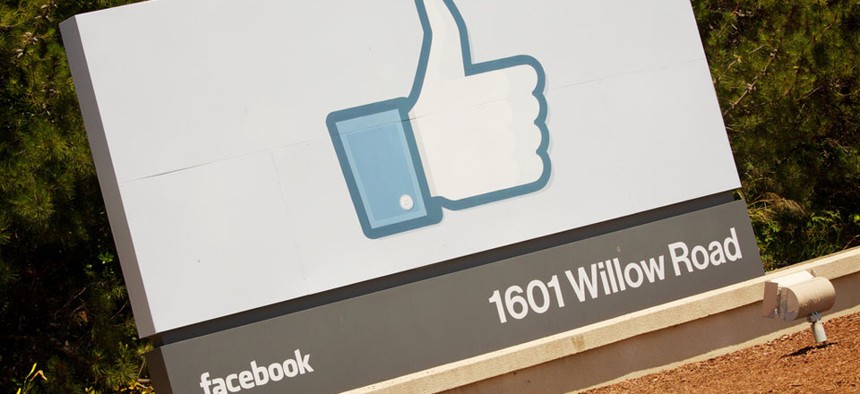State Department Spent $630K to Buy Facebook 'Likes'

Flickr user Marcin Wichary
Employees thought money was wasted on 'buying fans,' IG found.
A State Department bureau wanted so badly to boost its social-media presence that it dropped $630,000 over two years on advertising campaigns on Facebook, according to a May inspector general's report.
The campaigns "succeeded in increasing the fans of the English Facebook pages from about 100,000 to more than 2 million for each page," the report found. But State Department employees said the money was wasted on "buying fans." Here's the relevant section of the report:
The coordinator initiated two campaigns in 2011 and 2012, with the goal of building global outreach platforms for engagement with foreign audiences by increasing the number of fans on [the Bureau of International Information Programs's] four thematic Facebook properties, primarily through advertising as well as through some page improvements. The bureau spent about $630,000 on the two campaigns and succeeded in increasing the fans of the English Facebook pages from about 100,000 to more than 2 million for each page. Advertising also helped increase interest in the foreign language pages; by March 2013, they ranged from 68,000 to more than 450,000 fans.
Many in the bureau criticize the advertising campaigns as "buying fans" who may have once clicked on an ad or "liked" a photo but have no real interest in the topic and have never engaged further. Defenders of advertising point to the difficulty of finding a page on Facebook with a general search and the need to use ads to increase visibility.
IIP's four global thematic English-language Facebook pages had garnered more than 2.5 million fans each by mid-March 2013; the number actually engaging with each page was considerably smaller, with just over 2 percent "liking," sharing, or commenting on any item within the previous week. Engagement on each posting varied, and most of that interaction was in the form of "likes." Many postings had fewer than 100 comments or shares; the most popular ones had several hundred.
(h/t The Washington Examiner's Michael Conger.)
(Image via Flickr user Marcin Wichary)





